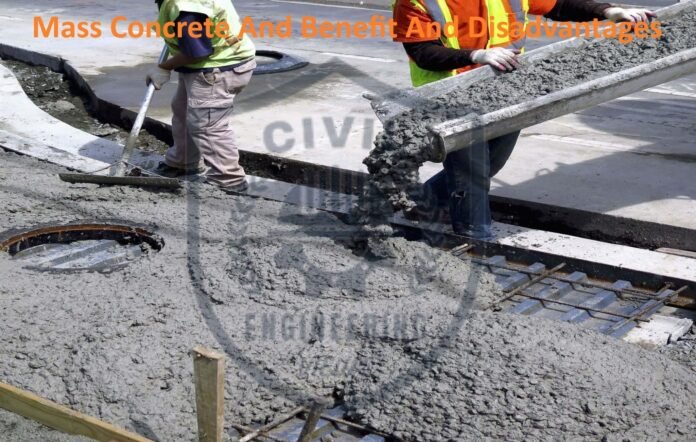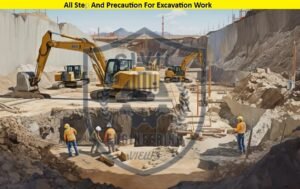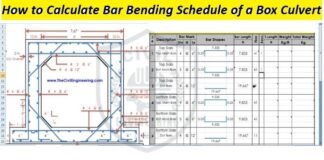What is The Mass Concrete And Benefit And Disadvantages
Introduction of Mass Concrete
Mass concrete is that concrete is without the rebar like a leans concrete which area where soil compaction is not good or soil bearing capacity is not good. Mass concrete more benefit like ,Strength and Durability, Cost-effectiveness, Thermal Properties, Reduced Maintenance. Temperature Control, Cracking and Construction Challenges. Mass Concrete And Benefit And Disadvantages
What is The Mass Concrete
Mass concrete refers to a type of concrete construction where large volumes of concrete are poured at once, often used in structures like dams, foundations, and retaining walls. Use of the mess concrete as a leans concrete which area where soil compaction is not good or soil bearing capacity is not good
Strength and Durability of Mass Concrete
Mass concrete structures typically exhibit high strength and durability due to the large volume of concrete used, making them suitable for heavy loads and harsh environments.
Cost-effectiveness of Mass Concrete
Since mass concrete structures require fewer joints and reinforcement compared to smaller-scale concrete construction, they can be more cost-effective in terms of material and labor and wastage of the time and loss the money.
Thermal Properties of Mass Concrete
Mass concrete has better thermal properties than smaller-scale concrete structures, which can be advantageous for applications like thermal energy storage or in climates with temperature fluctuations.

Reduced Maintenance of Mass Concrete
The durability of mass concrete structures often means they require less frequent maintenance and repairs over their lifespan compared to other construction methods. However, there are also some disadvantages associated with mass concrete:
Temperature Control of Mass Concrete
During the curing process, large masses of concrete can generate significant heat, which may lead to cracking if not managed properly. Special techniques such as cooling pipes or insulating materials may be needed to control temperature rise.
Cracking of Mass Concrete
Despite its strength, mass concrete is still susceptible to cracking, particularly due to temperature differentials, shrinkage, or uneven settling during the curing process. Proper design and construction techniques are necessary to minimize the risk of cracking.
Construction Challenges of Mass Concrete
Pouring and curing large volumes of concrete can pose logistical challenges, requiring careful planning and coordination of equipment, manpower, and materials. Additionally, specialized formwork and support systems may be needed to handle the weight of the concrete during construction.
while mass concrete offers several benefits such as strength, durability, and cost-effectiveness, it also presents challenges related to temperature control, cracking, and construction logistics. Mass concrete is that concrete is without the rebar like a leans concrete which area where soil compaction is not good or soil bearing capacity is not good. Effective design and construction practices are essential to maximize the advantages of mass concrete while mitigating its drawbacks











